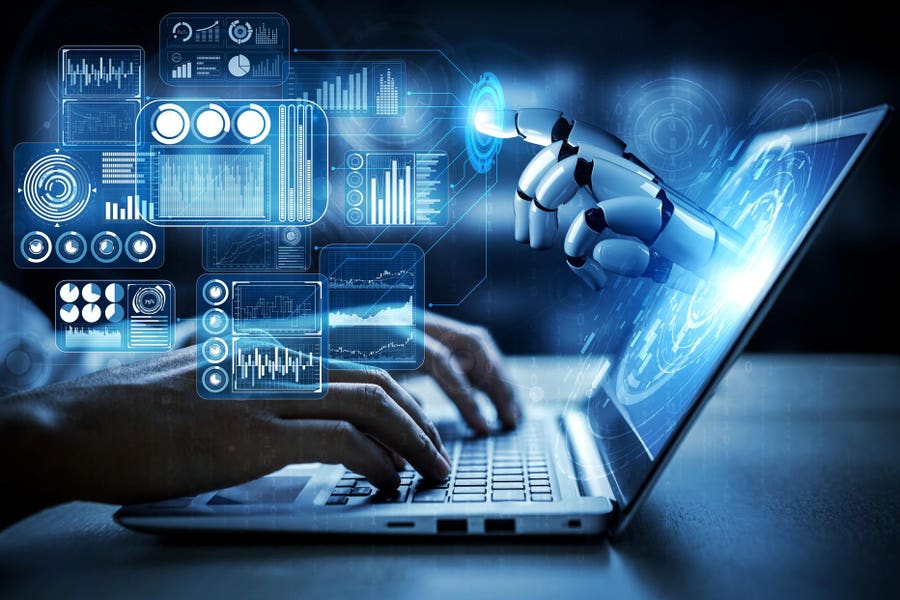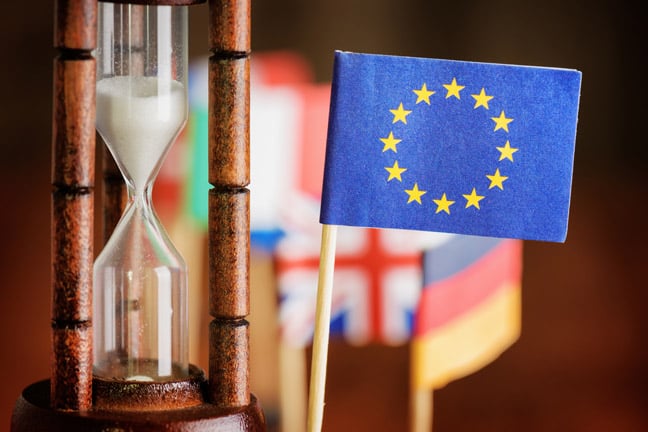The revolutionary impact of artificial intelligence (AI) on the marketing sector in the last three years has been truly transformative. AI has reshaped marketing strategies, from the content of messages to operational processes and analytical insights, as well as redefining job roles and outreach methods. Real-world illustrations highlight how businesses are utilizing AI to revolutionize their marketing approaches, altering how individuals discover, comprehend, and interact with products.
Personalized Marketing Messages Enhanced by AI
AI has completely transformed marketing messages by enabling the delivery of personalized content. Through the utilization of machine learning algorithms, marketers can now craft highly customized messages that resonate with individual consumers. For example, Netflix employs AI to analyze viewing patterns, allowing it to suggest personalized movie and show recommendations. This personalized approach enhances user satisfaction and boosts engagement. Similarly, AI tools like Phrasee have revolutionized email marketing by generating captivating subject lines and content tailored to the recipient’s preferences and behaviors using natural language processing. This strategy has proven to significantly enhance open and click-through rates.
Optimization of Marketing Operations with AI
In marketing operations, AI has automated repetitive tasks, enabling human marketers to concentrate on more strategic endeavors. AI-powered chatbots, such as those employed by Sephora and H&M, engage with customers for basic queries, providing immediate responses and enhancing customer service. These AI solutions can handle a large volume of inquiries simultaneously, a task unmanageable for human teams. Additionally, programmatic advertising, another AI-driven innovation, automates the purchasing and placement of advertisements. Platforms like Google Ads use AI to analyze user data and optimize ad placement in real-time, ensuring that ads reach the most relevant audience.
Advanced Marketing Analysis Facilitated by AI
AI has significantly elevated marketing analysis by offering profound insights into consumer behavior. Tools like IBM Watson provide predictive analytics that assist marketers in anticipating market trends and consumer preferences. For instance, Coca-Cola utilized AI-driven analysis to create its Cherry Sprite flavor, guided by data collected from self-service soft drink dispensers. Furthermore, social listening tools like Brandwatch utilize AI to monitor social media for brand mentions, sentiment analysis, and emerging trends. This real-time data empowers brands to promptly respond to consumer sentiment and capitalize on market opportunities.
Impact of AI on Marketing Roles
While AI has automated numerous tasks, it has also led to the evolution of marketing positions. Professionals now require a blend of marketing expertise and technical proficiency. The emergence of new roles such as AI Marketing Specialists and Data Scientists within marketing departments underscores this shift. However, there is a concern that AI may displace conventional marketing positions. A Gartner report predicts that by 2025, 20% of marketing tasks will be automated. Consequently, upskilling and reskilling have become imperative for marketing professionals to remain relevant in this AI-driven landscape.
Broadening Marketing Outreach with AI
AI has broadened the horizons of marketing outreach through advanced targeting and segmentation strategies. Starbucks, for example, utilizes its AI-driven Deep Brew program to deliver personalized marketing on a large scale. By analyzing customer data, Starbucks tailors its outreach efforts, offering personalized promotions and recommendations. Additionally, AI has expanded marketing outreach through voice search optimization. With the increasing popularity of voice assistants like Amazon’s Alexa and Google Assistant, businesses are optimizing their content for voice search to reach a wider audience.
In conclusion, the integration of AI in marketing has been a game-changer. From personalized messaging to enhanced analytical capabilities and the evolution of marketing roles, AI’s impact is profound and far-reaching. As businesses continue to embrace and innovate with AI, the marketing landscape is poised for further evolution, promising more sophisticated and efficient marketing strategies. The key for marketers is to embrace this transformation, continuously adapting and learning to leverage the full potential of AI in marketing.










